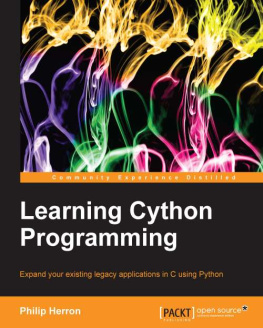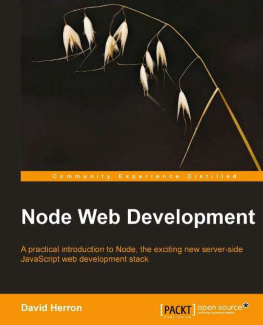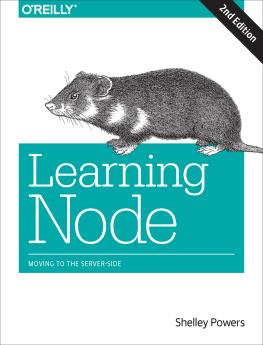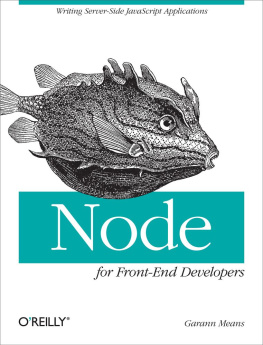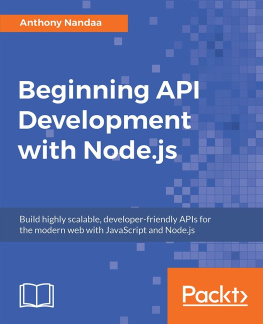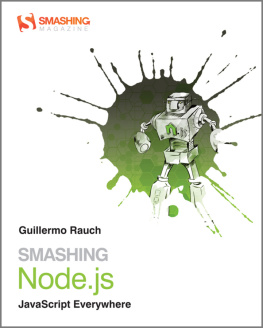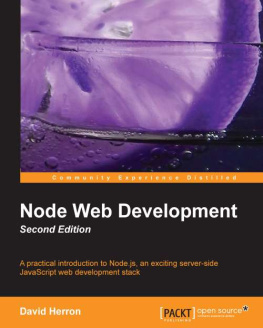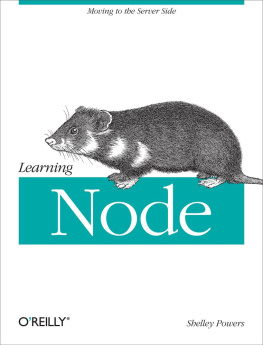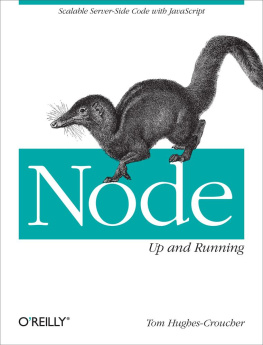About the Author
David Herron has worked as a software engineer in Silicon Valley for over 20 years. This includes companies both tiny and large. He has worked on a wide variety of projects, from an X.400 e-mail server and client application to assisting with the launch of the OpenJDK project (open source Java rocks), to Yahoo's Node.js application-hosting platform (Mojito and Manhattan), and applications to monitor solar power array performance.
While a staff engineer at Sun Microsystems, David worked as the architect of the Java SE Quality Engineering team where he focused on test automation tools, including co-developing the AWT Robot class. He was involved in open source activities related to Java, including the OpenJDK project.
Before Sun, he worked for VXtreme on software which eventually became Windows Media Player when Microsoft bought the company. At Mainsoft, David worked on a library that allowed developers to recompile Windows applications on Unix, and then participated in porting Internet Explorer to Unix. At The Wollongong Group, he worked on both e-mail client and server software and was part of several IETF working groups improving e-mail-related protocols.
David is interested in electric vehicles, world energy supplies, climate change, and environmental issues, and he is a co-founder of Transition Silicon Valley. As an online journalist, he writes about electric cars and other green technology on LongTailPipe.com after having written for PlugInCars.com. He runs a large electric vehicle discussion website on VisForVoltage.org, and he blogs about other topics, including Node.js, Drupal, and Doctor Who on DavidHerron.com. Using Node.js, he developed a Content Management System that produces static HTML websites or EPUB3 eBooks, AkashaCMS (akashacms.com).
There are many people I am grateful to.
I wish to thank my mother, Evelyn, for, well everything; my father, Jim; my sister, Patti; and my brother, Ken. What would life be without all of you?
I wish to thank my girlfriend, Maggie, for being there and encouraging me, her belief in me, her wisdom, and humor. May we have many more years of this.
I wish to thank Dr. Ken Kubota of the University of Kentucky for believing in me and giving me my first job in computing. It was six years of learning not just the art of computer system maintenance, but so much more.
I wish to thank my former employers, University of Kentucky Mathematical Sciences Department, The Wollongong Group, MainSoft, VXtreme, Sun Microsystems, Yahoo!, Recargo, Laplace Systems, and all the people I worked with in each company.
I am grateful to Ryan Dahl, the creator of Node.js, and the current Node.js core team members. They have the rare combination of wisdom and vision needed to create such a joy-filled fluid software development platform. Some platforms are just plain hard to work with, but not this one.
About the Reviewer
Nicholas Duffy has had a wide-ranging career, holding positions from analyst to business intelligence architect, to software engineer, and even golf professional. He has a passion for all things data and software engineering, specializing in data warehouse architecture, Python, and Node.js. He is a frequent contributor to open source projects and is, unfortunately, also a lifelong New York Mets fan.
You can read more about Nicholas' interests on this blog at https://medium.com/@duffn or contact him via GitHub at @duffn.
I'd like to thank my wife, Anne, and boys, Jack and Chuck, for their never ending support in whatever endeavor.
Preface
Welcome to the world of software development on the Node.js platform. This is an up-and-coming software platform that liberates JavaScript from the web browser, allowing us to reuse our JavaScript skills for general software development on a large range of systems. It runs atop the ultra-fast JavaScript engine at the heart of Google's Chrome browser, V8, and adds a fast and robust library of asynchronous network I/O modules. The Node.js community have developed a dizzyingly large body of third-party modules for nearly every conceivable purpose. While the primary focus of Node.js is high performance highly-scalable web applications, it is seeing widespread use in Internet of Things (IoT) applications, microservice development, asset build workflow for frontend engineers, and even in desktop applications like the Atom editor.
Microservices are one of the brightest ideas in computing today, and Node.js is right there as one of the best platforms for microservice development. This is doubly true when combined with Docker.


